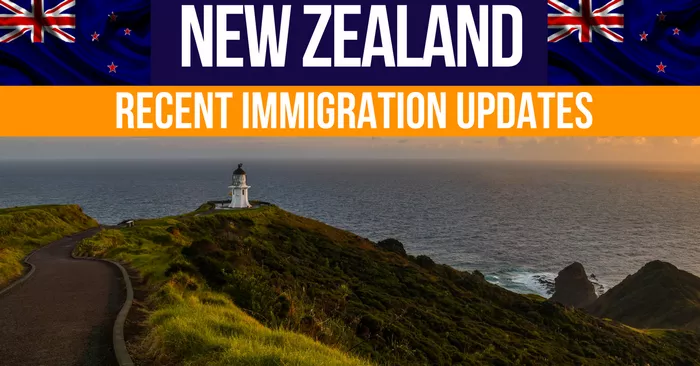The New Zealand government has announced significant changes to visa regulations for low-skilled workers, part of a broader effort by the Coalition to address what it perceives as unsustainable levels of migration.
According to the new policies, migrants will now be required to achieve higher scores on English proficiency tests, and most applicants for the Accredited Employer Work Visa (AEVW) must meet minimum skills criteria.
Immigration Minister Erica Stanford emphasized the government’s focus on attracting and retaining highly skilled migrants, particularly in professions facing shortages such as secondary teaching. Stanford stated, “At the same time, we need to ensure that New Zealanders are given priority for jobs where there are no skill shortages.”
Stanford described current migration levels as “unsustainable,” highlighting the importance of aligning policies with the government’s economic recovery plans. She emphasized the need to strike a balance between meeting business needs and safeguarding the interests of New Zealand.
These changes follow a period of record-high net migration, reaching 133,800 in the year leading up to January. Stanford noted that many of the adjustments being made represent a return to pre-pandemic settings.
During the pandemic recovery phase, the previous government had increased migration numbers to address severe staff shortages faced by businesses. However, concerns have been raised about the potential strain on infrastructure, particularly in the rental and housing markets, due to continued migration growth.
Stanford outlined the reforms as part of a broader initiative to create a more agile immigration system that responds to evolving economic conditions while attracting top talent and ensuring sustainability. The changes include:
Implementation of an English language requirement for migrants applying for low-skilled level 4 and 5 roles.
Establishment of a minimum skills and work experience threshold for most AEWV roles.
Requirement for employers seeking approval to bring in migrants for level 4 and 5 roles to engage with Work and Income beforehand.
Reduction of the maximum continuous stay for most level 4 and 5 roles from five years to three years.
Disestablishment of the franchisee accreditation category, with affected businesses now required to apply for overseas workers through standard, high-volume, or triangular employment accreditation routes.
These adjustments mark the beginning of a broader effort to create a more strategic immigration system aimed at managing net migration, adapting to changing economic dynamics, and mitigating risks while revitalizing international education and ensuring sustainability.


